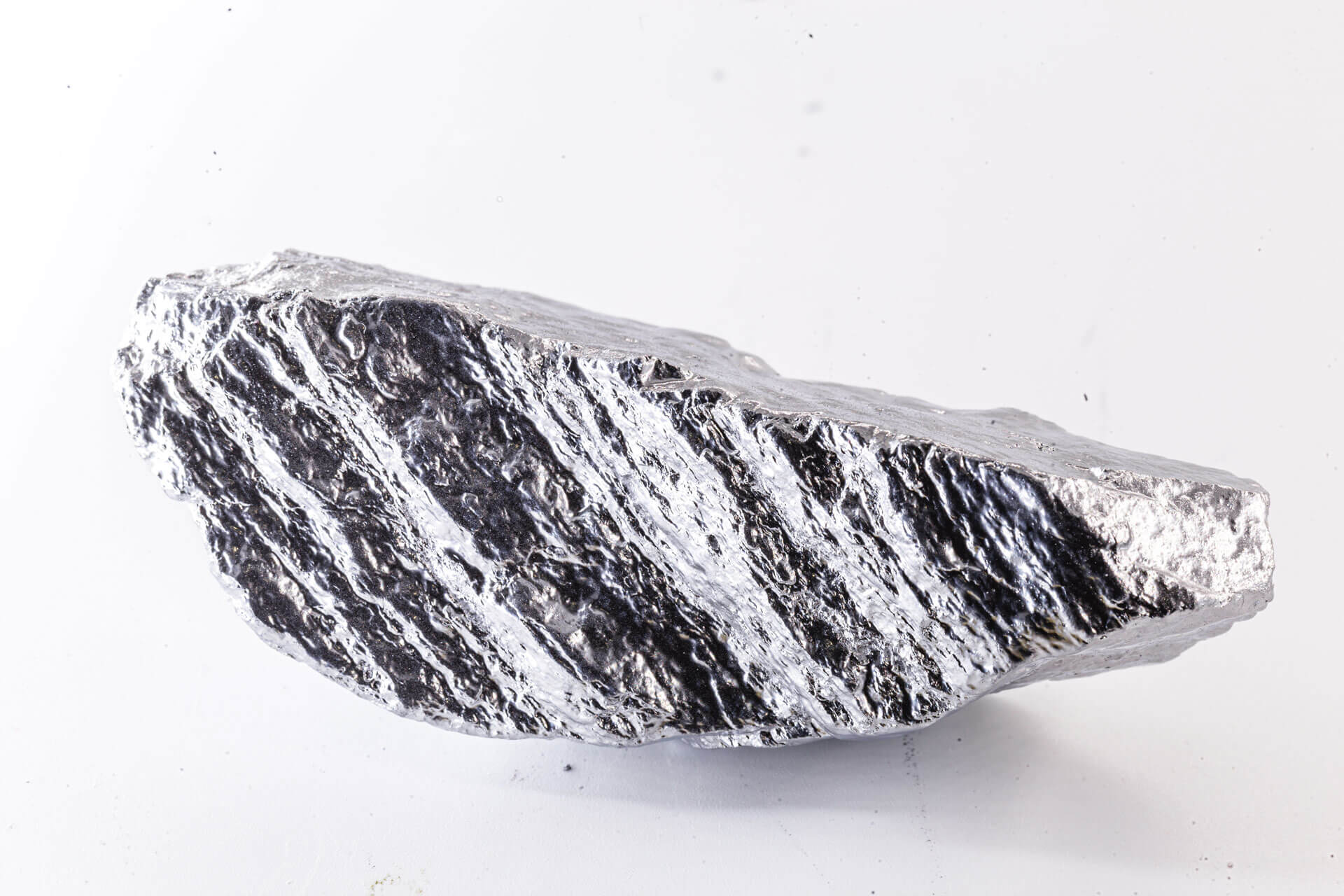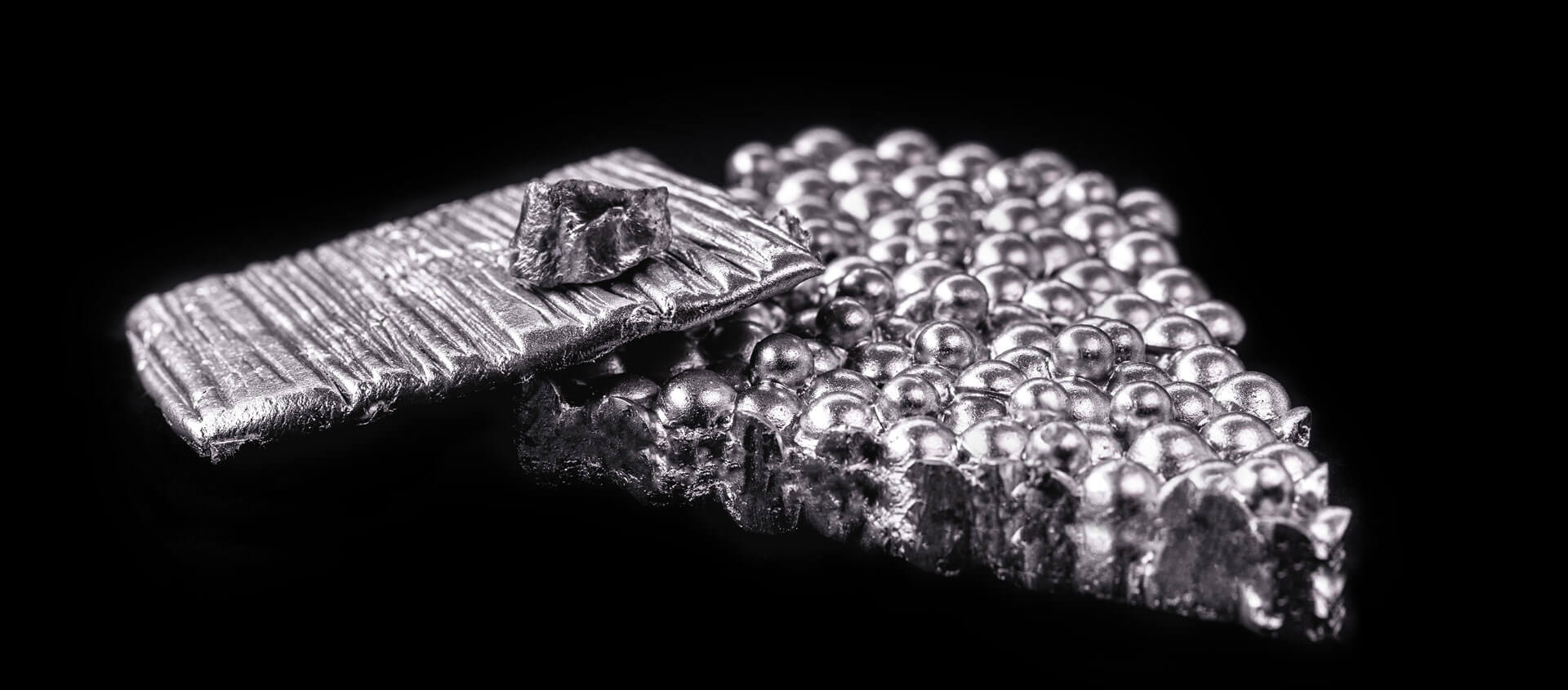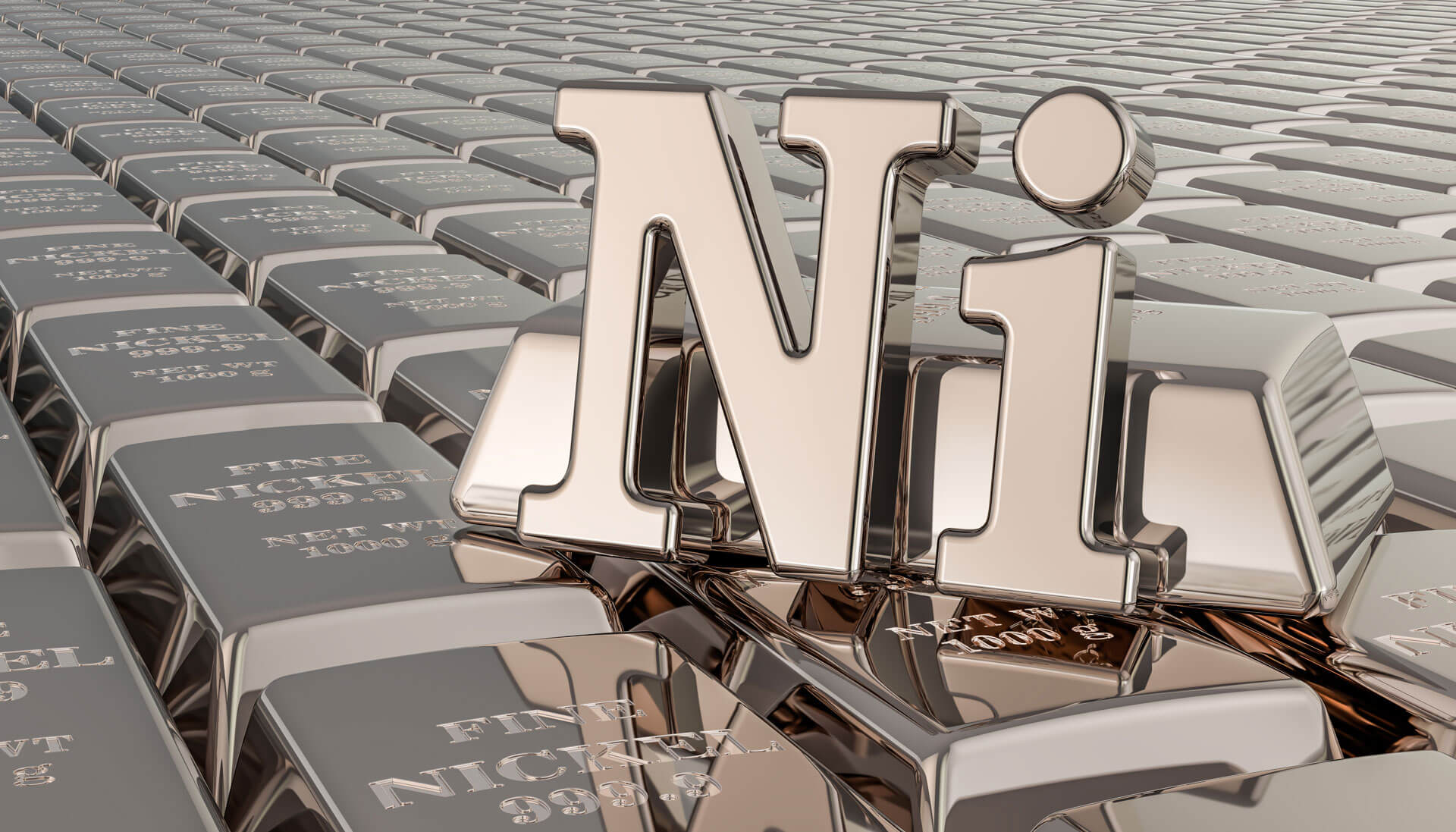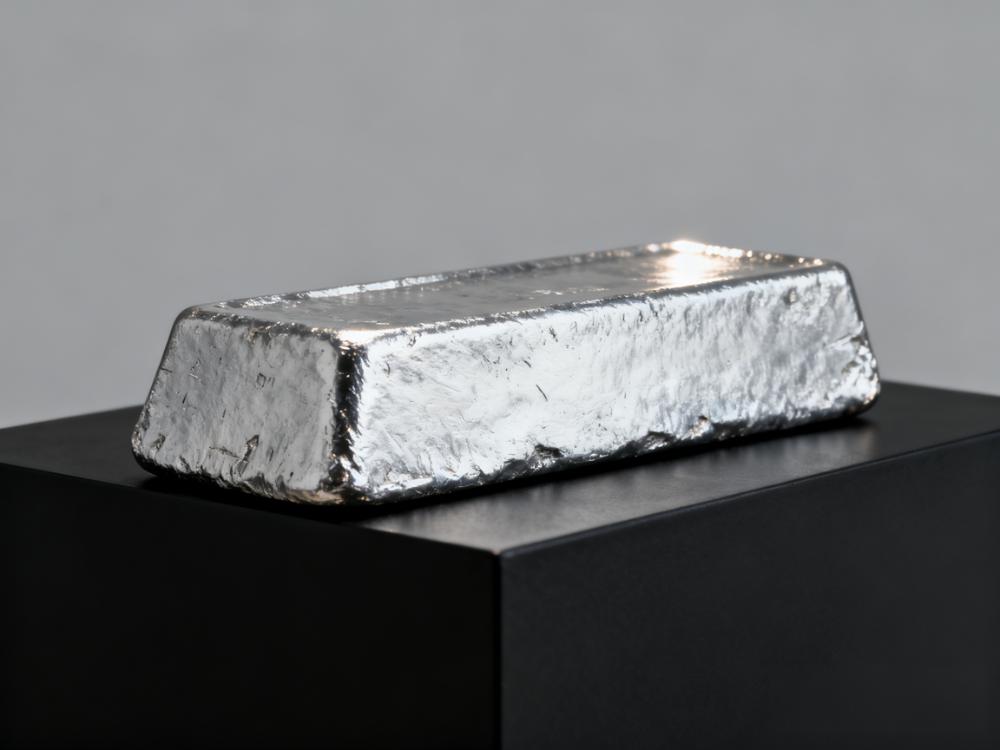Nickel Ore
In early October, Indonesian nickel ore prices showed an upward trend. In terms of benchmark prices, Indonesia’s domestic nickel ore benchmark for the second half of October was USD 15,142 per dry metric ton, up 0.27% from the previous period. For premiums, according to SMM data on Indonesia’s domestic laterite nickel ore premiums, 1.4% grade averaged USD 22, 1.5% grade averaged USD 25.5, and 1.6% grade averaged USD 26. The delivered price for 1.6% Ni laterite ore in Indonesia was USD 51.8–53.8 per wet metric ton, unchanged from last week. For hydrometallurgical ore, the delivered price for 1.3% Ni remained stable at USD 24–26 per wet metric ton, unchanged from last week.
- Pyrometallurgical Ore:
On the supply side for pyrometallurgical ore, the rainy season in Sulawesi and Halmahera has largely concluded, with only sporadic rainfall that has not significantly disrupted mining operations. Most mines are planning to increase sales volumes to fully utilize approved quotas, leading to a relative rise in nickel ore production. However, transportation challenges persist. A surge in road transport activity has created bottlenecks, while ongoing reviews by certain forestry working groups continue to cause delays and reduce overall transport efficiency.
On the demand side, some Indonesian smelters are maintaining high ore procurement volumes to prepare for potential raw material shortages in the next RKAB (Mineral and Coal Business Activity Report) cycle. Nevertheless, declining nickel pig iron (NPI) prices have pushed smelters' tolerance for high ore prices to their limits. Additionally, the new regulation shortening the RKAB approval cycle from three years to one has heightened market expectations of future "ore supply tightness." Looking ahead, premiums for pyrometallurgical ore are expected to remain elevated next month.
- Hydrometallurgical Ore:
From the limonite ore perspective, overall market activity has not shown significant growth. Supply remains relatively sufficient. On the demand side, some HPAL (High-Pressure Acid Leach) smelters have slightly increased raw material procurement in response to next year's new RKAB policy, though not exceeding market supply. Overall, with demand is lower than supply, limonite ore prices face downward pressure. However, potential supply chain disruptions from RKAB policy adjustments, coupled with strong resistance from mines to low-price sales, are providing temporary price support. Prices are expected to remain weakly stable in the short term, with limited room for decline.
Nickel Pig Iron
“High Nickel Pig Iron Prices Expected to Continue Declining as Traditional Low Season Approaches Amid Cautious Market Sentiment”
With the traditional low season approaching and market sentiment turning cautious, high-grade nickel pig iron prices are expected to extend their decline. The SMM 10-12% NPI average price fell by RMB 9.2 per nickel unit week-on-week to RMB 925.6 per nickel unit (ex-works, tax included), while the Indonesia NPI FOB index dropped by USD 0.66 per nickel unit to USD 114.52. The downtrend was driven by persistent cost-pressure losses in downstream stainless steel mills, coupled with the stable cost advantage of stainless steel scrap, which led to increased scrap usage and weaker NPI demand.
On the supply side, October saw a recovery in NPI output, exacerbating the oversupply situation. Although cost support limited the pace of decline, prices continued to trend downward. Demand remains subdued as several stainless steel plants plan production cuts ahead of the seasonal lull, further dampening market sentiment and pulling down procurement offer prices. Despite some cost-driven resistance, the weak supply-demand balance and strong wait-and-see sentiment are likely to keep NPI prices under pressure in the coming week.
Additionally, the discount of NPI against electrolytic nickel widened this week to an average of RMB 289.2 per tonne, as NPI prices fell while electrolytic nickel held steady. With NPI prices expected to remain weak and raw material costs—such as nickel ore from the Philippines and Indonesia—staying firm, smelter profit margins are projected to stay in negative territory.



